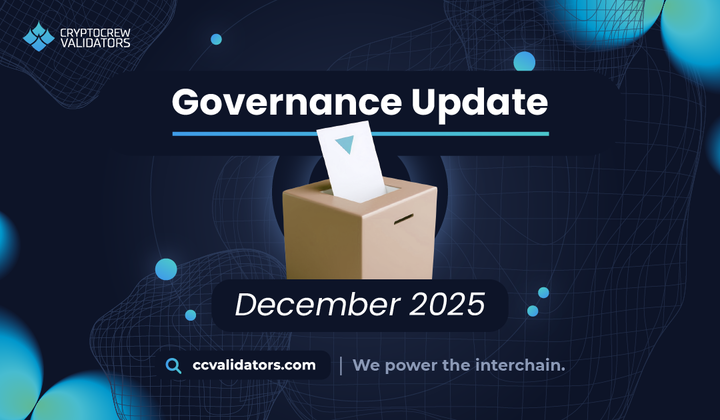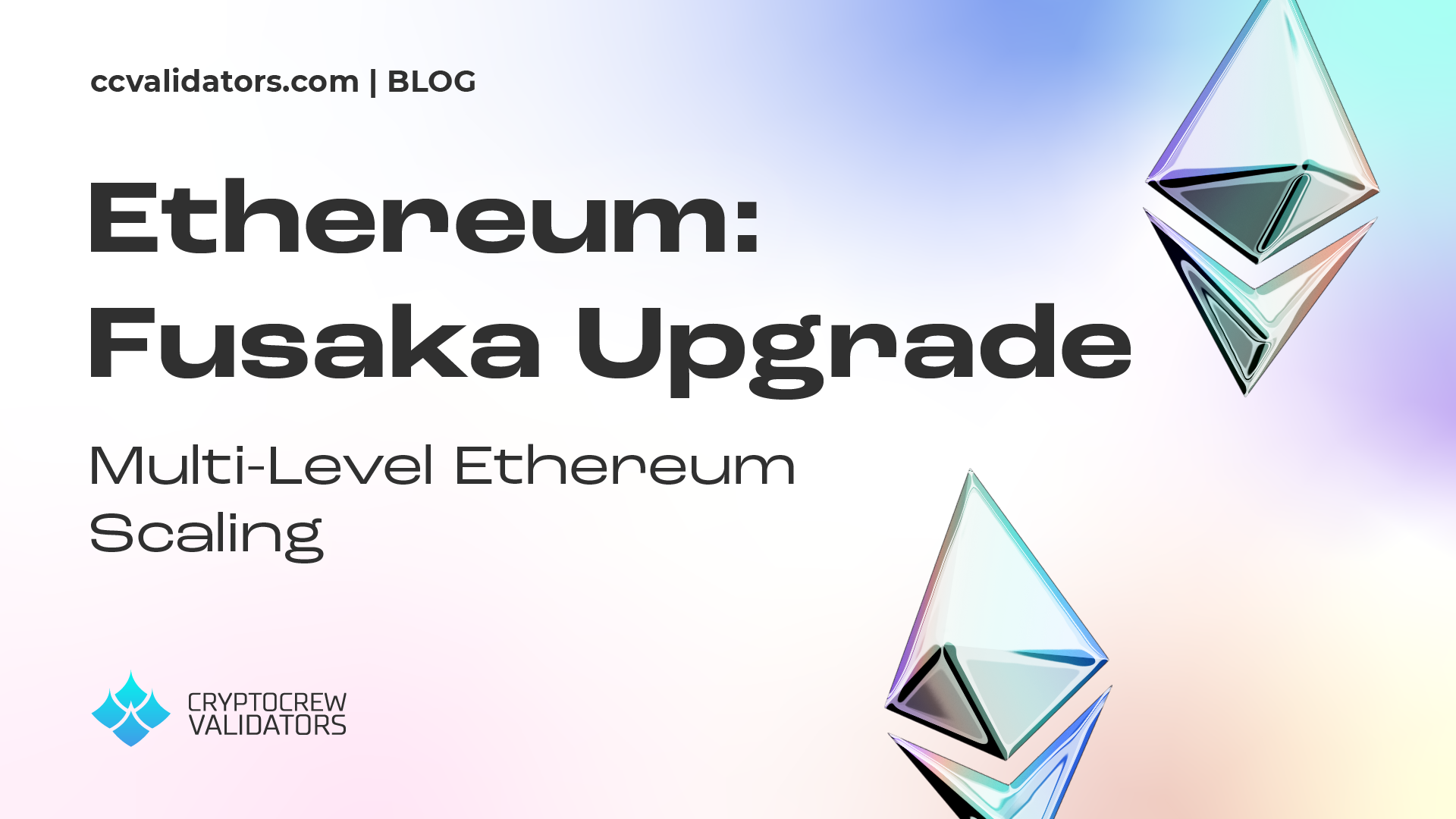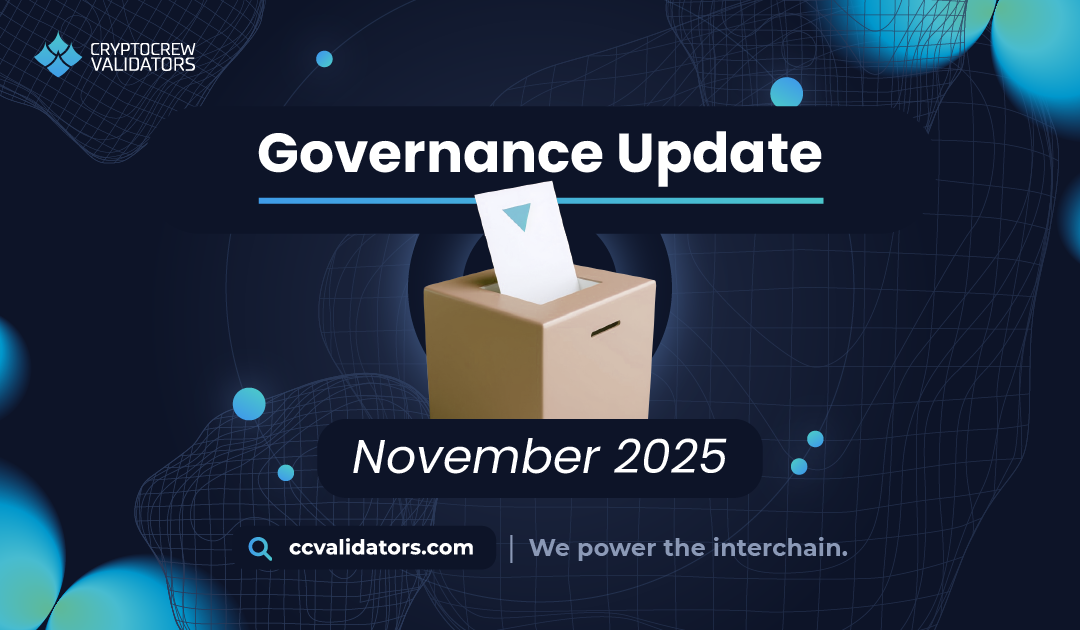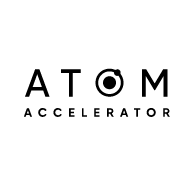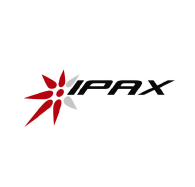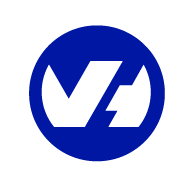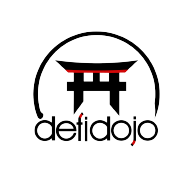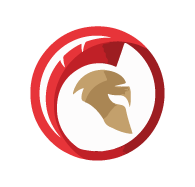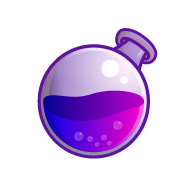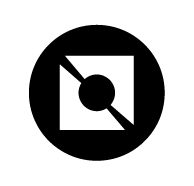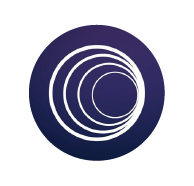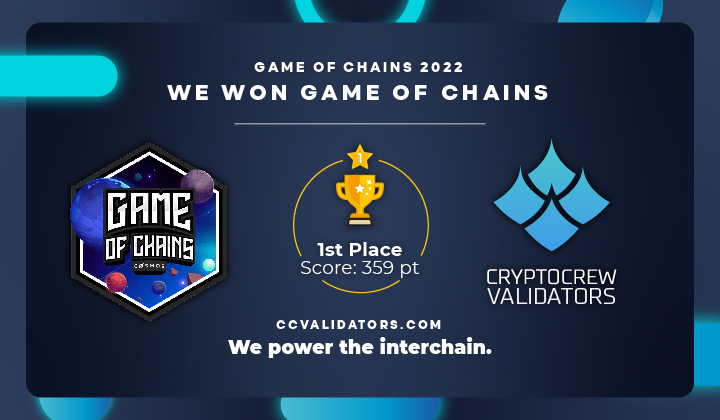
We actually won Game Of Chains 🔥 ICS Incentivized Testnet
We actually won Game Of Chains 🔥 Cosmoshub Interchain Security Incentivized Testnet – A recap by CryptoCrew
Parts of this article were created using AI
Game Of Chains — Cosmoshub Interchain Security Incentivized Testnet
Game of Chains was the third incentivized testnet program that was created by the Cosmoshub, a blockchain project that aims to create a decentralized network of independent, scalable, and interoperable blockchains. The program was designed to help validators develop confidence around Interchain Security (ICS) and provide a public platform where this new technology can be thoroughly tested. [1]
It was incentivized by the Cosmoshub community pool as per Cosmoshub governance proposal #77 with a total prize pool of 20k ATOM
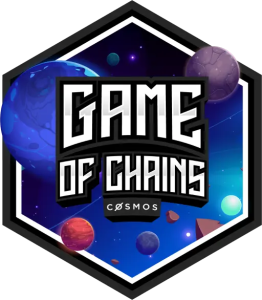
Game of Chains Logo
https://interchainsecurity.dev/game-of-chains-2022
Interchain Security, also known as Replicated Security, is a concept that allows Cosmos blockchains to lease security to each other through IBC, where a provider chain (e.g. the Cosmos Hub) shares security with other chains, referred to as consumer chains. This allows the consumer chains to gain the security of the provider chain’s validator set and enables applications built on other Layer 1s to compete with one another for blockspace with no unexpected congestion.
The Game of Chains testnet ran from December 2022 to December 9th of the same year. During this time, validators were able to test the ICS feature and provide feedback on its performance. [2]
Tasks during the testnet included setting up and configuring validator nodes on the provider-chain and each consumer-chain, relaying CCV (cross-chain validation) packets, creating tools and public goods, auditing, and participating in governance. Validators were able to earn points by completing tasks such as reporting bugs and submitting feature requests. [3]
The Game of Chains program was divided into three phases over a period of one month. As the phases progressed, there were more and more complicated and attention-requiring tasks being given to the participating validators like running IBC relayers. [4]
In Interchain Security, relayers play an important role in the cross-chain validation process. They are responsible for relaying transactions and messages between different chains, also known as consumer chains, and the main hub chain, also known as the provider chain. Relayers are responsible for monitoring the consumer chains and forwarding any relevant events that occur on those chains to the provider chain and vice versa.
Phase 1: Two Dummy Chains
During the first phase, validators set up and configured a validator node, connected to the testnet, and familiarized themselves with the basic concepts of cross-chain validation. Two basic consumer (dummy-)chains were launched, named “Sputnik” and “Apollo.” The testnet coordinators submitted proposals for these two chains, which were then voted on and run by the validators.
Tasks included voting on the consumer addition proposals, and signing the first block of both consumer chains.
As described in [5], during the testnet of phase 1 of the Game of Chains, a bug was discovered in Gaia (Cosmos Hub) with ICS v0.2.0. The bug resulted in the inability for multiple consumer chains to start. The bug was identified and resolved, and validators were able to successfully upgrade the network to the version of ICS v0.2.1 on Friday November 11th.

Phase 2: Three Planned Chains
During Phase 2, validators were required to do more than simply accepting and launching consumer chains. They were asked to run and test three more consumer chains called Hero (ICS consumer chain provided by Strangelove), Neutron (ATOM liquid staking zone / smart contract platform by P2P Validator / Lido), and Gopher (consumer chain to test the go-IBC-relayer software). [2]
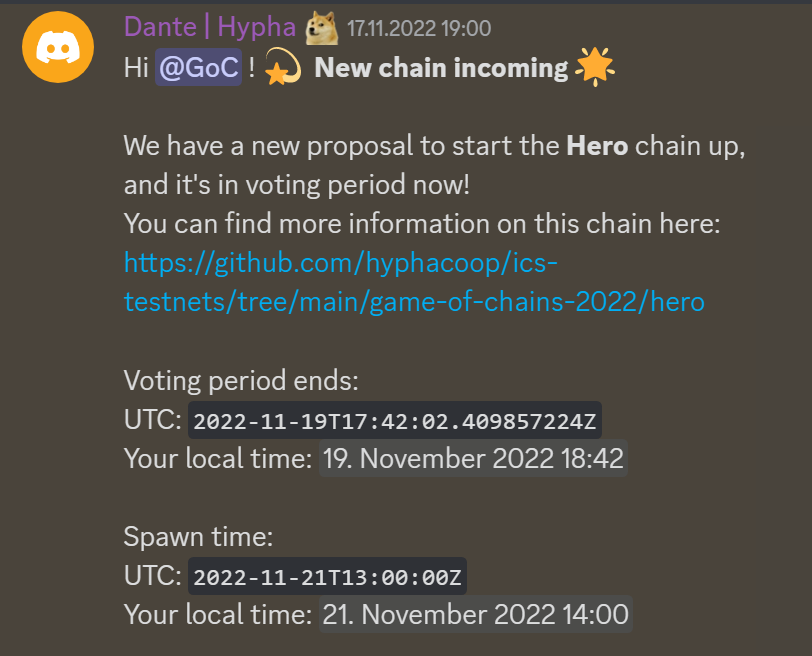
This phase focussed on stress-testing the games build. [6]
Phase 3: Anyone Can Make a Chain
Phase 3 of Game of Chains allowed any participating validator team to create a custom consumer chain. The process involves creating the source code, generating a hash for the consumer chain binary and genesis file, and then submitting a consumer addition proposal using these hashes. Once the proposal is submitted, validators will vote on it, and if it passes, the consumer chain will be added to the network.
The main goal of this phase was to test the newest ICS features (key-assignment and slash rate-limiting) as well as basic due diligence abilities of participating teams. Points were awarded for discovering malicious proposals or consumer-chain binaries, creating a custom chain, and running an IBC relayer.
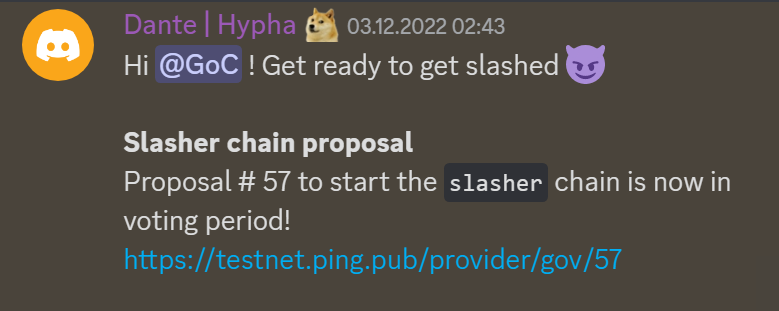
Additional Tasks that were not tied to any specific phase included testing various misbehavior scenarios (getting slashed for downtime or double-signing), auditing ICS validator set replication (Find a consumer chain validator set that has not existed in the provider chain or has been received in the wrong order) or trying to break the correct behavior assumptions of the ICS-28 spec
Halt of the Provider Chain:
An incident that occurred during tests of the rate-limit feature in phase 3 of Game Of Chains led to the halt and complete loss of consensus of the provider chain to an unrecoverable state (except exporting the latest final chainstate and starting from a new genesis block). The Interchain Security team has been able to replicate the provider chain halt, the code is being updated to avoid this issue.

The incident effectively led to the end of Game Of Chains, with all 3 phases completed.
Conclusion
Overall the Game Of Chains testnet was a roaring success. It brought around 100 teams to the table, which competed in a number of tasks and points were regularly awarded as tasks were evaluated. [7]. It was aimed to help validators better understand and become familiar with Interchain Security, and at the same time identify potential issues in the underlying code. [8]
Validator teams gathered valuable insight in IBC relayer operation, infrastructure automation, the basic concepts of ICS and cross-chain validation and the Cosmos SDK software stack.
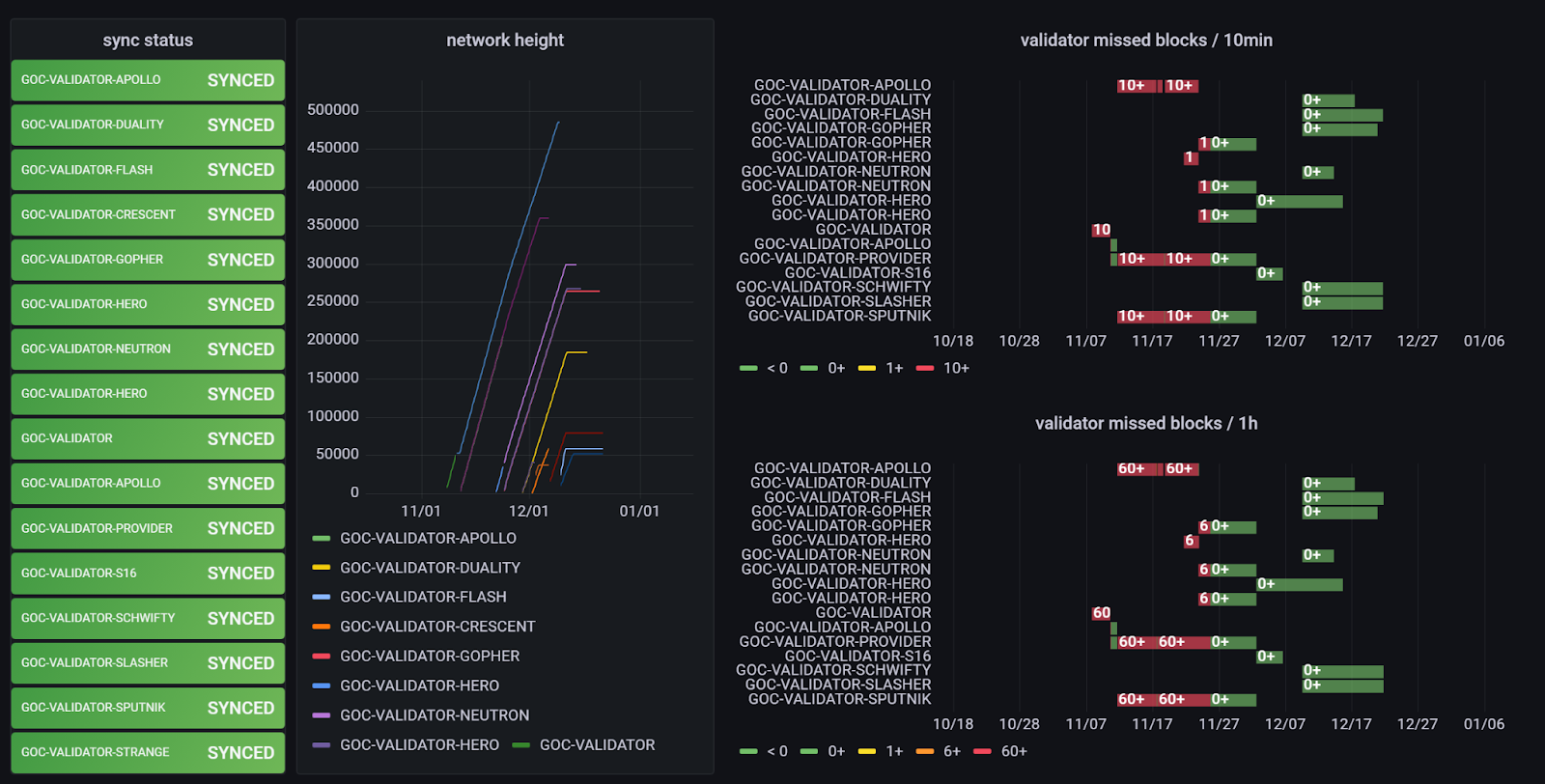
A few statistics:
-
Total Consumer Chains launched during Game Of Chains: 11
-
Teams who provided a custom consumer chain: Strangelove, Crescent, B-Harvest, SG-1, S16 Research-Ventures, Duality, CryptoCrew
-
Total Governance Proposals: 89 (https://testnet.mintscan.io/goc-provider/proposals)
-
Total CCV packets relayed: 131.386 (https://github.com/clemensgg/game-of-chains/tree/master/count-relayer-updates)
-
Total participating teams: 99
-
Total teams who participated in all 3 phases: 45
-
Total times the word “when” was used in the #game-of-chains discord subchannel: 201
Results
The testnet officially ended on December 25, 2022 and all 3 phases with ICS tasks have been completed by a total of 45 validators.
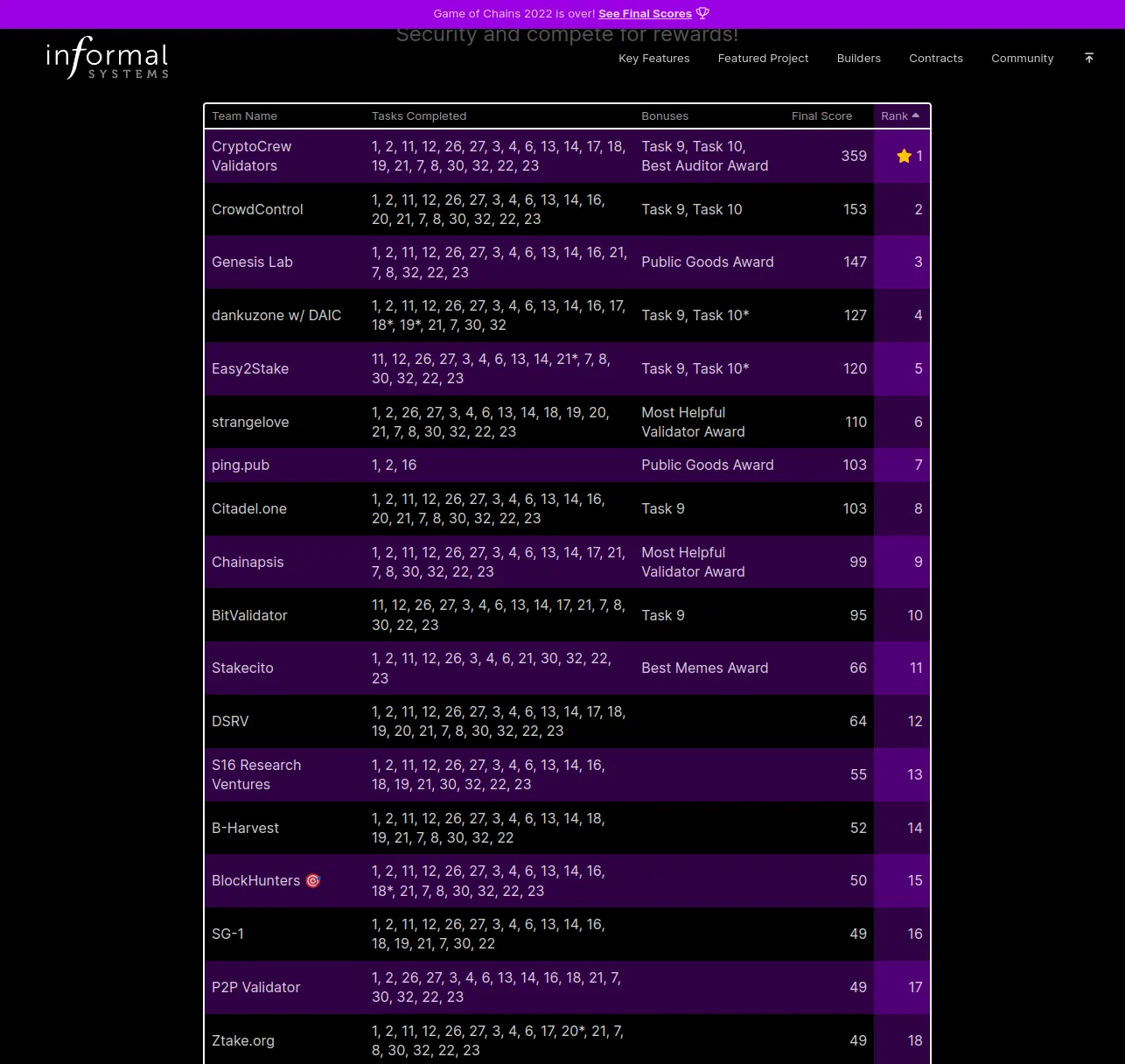
https://interchainsecurity.dev/game-of-chains-2022#scoreboard
The team that topped the leaderboard is CryptoCrew Validators, who completed tasks 1, 2, 11, 12, 26, 27, 3, 4, 6, 13, 14, 17, 18, 19, 21, 7, 8, 30, 32, 22, 23 and also won the task 9, task 10 and Best Auditor Award.
The second team is CrowdControl, who completed tasks 1, 2, 11, 12, 26, 27, 3, 4, 6, 13, 14, 16, 20, 21, 7, 8, 30, 32, 22, 23 and also won task 9, task 10.
The third team is Genesis Lab, who completed tasks 1, 2, 11, 12, 26, 27, 3, 4, 6, 13, 14, 16, 21, 7, 8, 32, 22, 23 and also won the Public Goods Award.
The leaderboard also mentions various other awards such as Public Goods Award, Most Helpful Validator Award and Best Memes Award, which were given to different teams based on their performance in the testnet.
The Most Helpful Validator Award was handed to strangelove and Chainapsis, the Best Memes were created by the Stakecito team
–
Disclaimer: Parts of this article were created using a modified (websearch-enabled) version of Chat-GPT. If your source is interpreted in an ambiguous way, please let us know and we’ll happily review the respective section.
Sources:
[1] https://www.bitcoininsider.org/article/191252/announcing-game-chains-open-registration
[2] https://medium.com/dsrv/validators-note-looking-back-at-game-of-chains-bc6de7ac2208
[3] https://blog.stakeflow.io/summarizing-game-of-chains-f81315f1f179
[4] https://medium.com/cosmostation/unofficial-recap-on-game-of-chains-72476da8ddcd
[5] https://www.bitcoininsider.org/article/193753/phase-1-update-game-chains
[6] https://dappradar.com/blog/chainmonsters-opens-beta-phase-2-to-all-players
[7] https://interchainsecurity.dev/game-of-chains-2022
[8] https://github.com/hyphacoop/ics-testnets/blob/main/game-of-chains-2022/README.md

